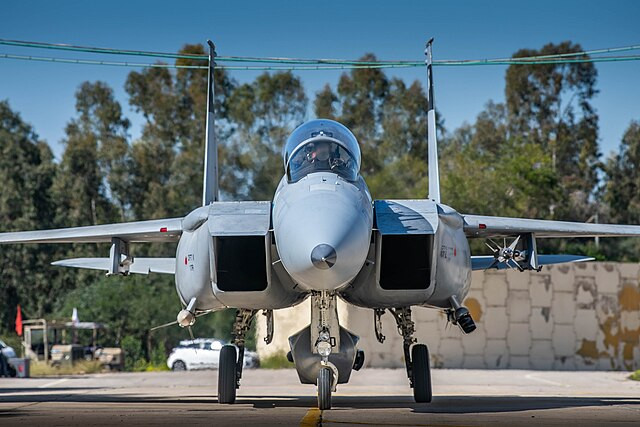Israeli warplanes intensified their bombardment of Beirut on Tuesday, striking central areas and Hezbollah strongholds in the southern suburbs as Israel's security cabinet prepared to vote on a U.S.-brokered ceasefire proposal. The deal, if approved, aims to end over a year of deadly conflict between Israel and the Iran-backed Hezbollah, a war that has destabilized the region and displaced millions.
The proposed ceasefire would introduce a two-month halt in fighting, requiring Hezbollah to withdraw its armed forces north of the Litani River while Israeli troops return to their side of the border. The plan also calls for Lebanese soldiers and U.N. peacekeepers to deploy to the area, with an international panel, led by the U.S., overseeing compliance. Despite growing optimism, questions remain about whether the agreement can be effectively implemented.
Lebanon's Foreign Minister Abdallah Bou Habib expressed hope that a deal could be finalized by Tuesday night, while Israeli officials suggested the security cabinet was likely to approve the measure. A senior Israeli official noted that U.S. President Joe Biden and French President Emmanuel Macron were poised to announce the ceasefire once it is ratified.
Israel's Defense Minister Israel Katz issued a stark warning about enforcement. "If you don't act, we will act, and with great force," Katz said during talks with U.N. special envoy Jeanine Hennis-Plasschaert. Israel's ambassador to the United Nations, Danny Danon, emphasized that Israel retains the right to act in southern Lebanon against "imminent threats."
Despite the diplomatic efforts, violence escalated on the ground. Israeli airstrikes targeted 20 sites in Beirut's southern suburbs in just two minutes, according to Israeli military spokesman Avichay Adraee. In the central Basta district, a residential building was destroyed, killing three people and injuring 26 others, Lebanon's Health Ministry reported. Strikes also hit near Beirut's airport and in Tyre, where Israel claimed to have killed a Hezbollah commander.
Hezbollah responded with rocket fire, launching more than 250 rockets into northern Israel over the weekend, with additional strikes reported overnight in Nahariya. The conflict has left a heavy toll on both sides. According to Lebanese health officials, Israeli strikes have killed over 3,750 people in Lebanon, including many civilians, and displaced 1.2 million residents. Meanwhile, Hezbollah's attacks have killed 45 Israeli civilians and 73 soldiers, according to Israeli authorities.
The ongoing violence has created a humanitarian crisis in Lebanon, with significant destruction to infrastructure. Josep Borrell, the European Union's foreign policy chief, warned of the stakes involved in delaying a truce. "There is not an excuse for not implementing a ceasefire," he said. "Otherwise, Lebanon will fall apart."
While a ceasefire would allow displaced Israelis in the north to return home, political opposition within Israel has complicated the deal's prospects. National Security Minister Itamar Ben-Gvir described the ceasefire proposal as a "big mistake" and a "missed historic opportunity to eradicate Hezbollah." Critics have expressed concerns that Hezbollah could use the pause to regroup.
The roots of the conflict trace back to October 2023, when Hamas launched a surprise attack on southern Israel, prompting Israeli retaliation in Gaza. Hezbollah began firing rockets into northern Israel shortly afterward, citing solidarity with Hamas. Israeli forces escalated their offensive against Hezbollah in September, targeting its leaders and infrastructure and deploying ground troops into Lebanon for the first time since 2006.
Diplomatic efforts have focused on reviving elements of U.N. Security Council Resolution 1701, which ended the 2006 war between Israel and Hezbollah. The current ceasefire proposal includes a provision for 5,000 Lebanese troops to deploy to southern Lebanon within 60 days of the truce. However, disagreements persist over Israel's insistence on retaining the right to act unilaterally against perceived threats.
U.S. officials have warned that previous ceasefire attempts have failed due to last-minute complications. "Nothing is done until everything is done," White House national security spokesman John Kirby cautioned. The success of this proposal will depend on effective cooperation between Israel, Hezbollah, and international mediators, as well as the enforcement capabilities of U.N. peacekeepers.
For many in Lebanon and northern Israel, the prospect of peace cannot come soon enough. "Regarding the ceasefire, I think it will be implemented. Both sides are tired," said Selim Ayoub, a resident of Beirut's southern suburbs.




